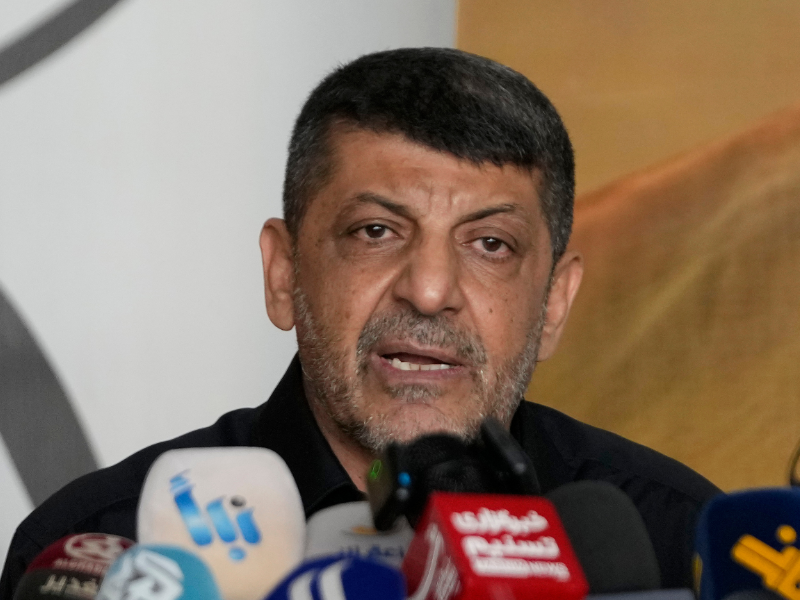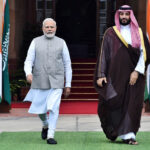Hezbollah’s media chief, Mohammed Afif, has been confirmed dead after an Israeli airstrike hit the Baath Party headquarters in central Beirut. The attack, which occurred on Sunday, also resulted in several other casualties, including civilians.
Strike on Baath Party Headquarters
The Israeli strike targeted the headquarters of the Lebanese Baath Party in the Ras al-Naba neighborhood of Beirut, a densely populated area. Lebanon’s state-run National News Agency reported that the building was largely destroyed in the attack. Rescue teams rushed to the scene to help those trapped under the rubble. According to Lebanon’s health ministry, the strike killed four people and injured 14, though the victims’ identities were not immediately disclosed.
Mohammed Afif, one of Hezbollah’s few remaining public figures, was confirmed dead hours after the strike. He had been last seen on Monday during a press conference in the southern suburbs of Beirut, where Hezbollah is based.
Rising Tensions and Escalation
The strike on the Baath Party headquarters has raised concerns about the widening scope of Israeli attacks in Lebanon. Hezbollah is not only a militant group but also a political force with representation in Lebanon’s parliament and government. BBC reports that Israel’s targeting of Hezbollah’s political leadership could signal a broader escalation.
The attack on the Baath Party headquarters is part of a larger campaign by Israel, which has recently intensified its strikes in Beirut. On Sunday, another strike on Mar Elias Street in central Beirut killed two people and wounded 13 more, according to the Lebanese health ministry.
Continued Israeli Strikes on Hezbollah Targets
Israel’s airstrikes in Lebanon have been escalating since late September when it launched a series of attacks targeting Hezbollah leaders, including the group’s leader, Hassan Nasrallah, and other senior figures. Israel has made it clear that its military objectives include weakening Hezbollah’s military capabilities, which have been active in supporting Palestinian groups, especially after Hamas’s October 7th attack on Israel.
Earlier on Sunday, the Israeli Defense Forces (IDF) conducted strikes on six Hezbollah military targets in the southern suburbs of Beirut. These military operations are part of Israel’s broader strategy to reduce Hezbollah’s influence and return displaced residents to northern Israel.
Growing Humanitarian Toll in Lebanon
Since Israel’s increased military operations in late September, more than 3,400 people have been killed in Lebanon, with at least 2,600 fatalities since Israel’s air campaign intensified. The Lebanese health ministry also reports that another 1.2 million people have been displaced by the ongoing conflict.
Concerns Over Ceasefire and De-escalation
Despite efforts led by the U.S. to broker a ceasefire, Israel’s ongoing airstrikes indicate little sign of de-escalation. The recent strikes on Hezbollah targets, including the killing of senior figures, suggest that Israel is expanding its military operations in Lebanon, with broader implications for the region’s stability.
As the situation continues to deteriorate, there are growing fears that the conflict could further destabilize Lebanon, where Hezbollah holds significant political and military power.






